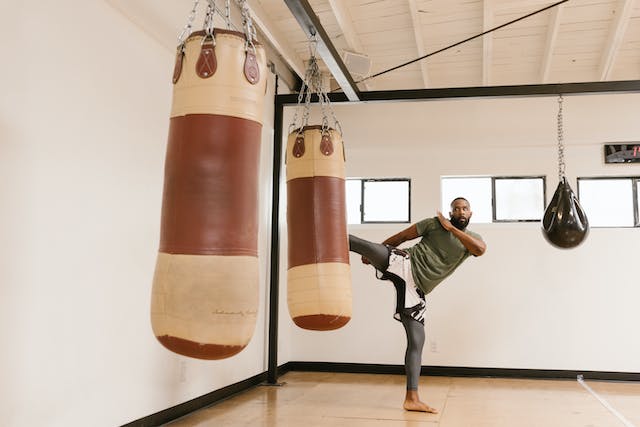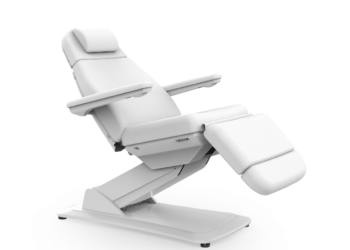Jiu-Jitsu, a martial art known for its intricate techniques and ground fighting, heavily relies on solid footwork for effective execution. Footwork is often overlooked in a practitioner’s ability to maneuver, control distance, and execute techniques with precision. Punching bag sessions into your Jiu-Jitsu training routine can significantly enhance your footwork skills. Let’s delve deeper into how these sessions can benefit your footwork development.
Understanding the Importance of Footwork in Jiu-Jitsu
In the realm of Jiu-Jitsu, footwork isn’t solely about movement—it’s a fundamental element that determines a fighter’s ability to control engagements. Effective footwork aids in maintaining balance, evading opponent strikes, closing the distance, and executing takedowns or submissions. It enables practitioners to create angles for attacks and defenses while maintaining stability and control.
Punching Bag Sessions: An Aid to Improve Footwork
Punching bag sessions are an invaluable tool to enhance footwork skills in Jiu-Jitsu. Here’s how:
Footwork Drills: Engaging with the punching bag allows practitioners to focus on specific footwork drills. These drills involve lateral movement, pivoting, and circular motions, mimicking the footwork required during Jiu-Jitsu sparring or grappling.
- Balance and Stability: Working with the bag helps improve balance and stability, crucial aspects of effective footwork in Jiu-Jitsu. Practitioners learn to shift their weight correctly, enhancing stability during transitions and movements.
- Distance Management: The punching bag serves as a target to refine distance management skills. Practitioners can practice gauging and adjusting their distance from the bag, mirroring the distance control necessary in Jiu-Jitsu to initiate attacks or avoid being countered.
- Angle Creation: Bag sessions enable practitioners to practice creating angles for strikes and takedowns. This skill directly translates to Jiu-Jitsu scenarios where creating angles is essential for executing techniques effectively.
- Conditioning and Agility: Regular bag work aids in conditioning and enhancing agility. Improved agility translates to quicker and more precise footwork during Jiu-Jitsu bouts, allowing practitioners to move with incredible speed and control. Invest in good quality bags for your daily practice. You can check out Revgear.com punching bags and explore a wide range of products for your needs.
Incorporating Punching Bag Sessions into Training Routine
Integrating punching bag sessions into your Jiu-Jitsu training regimen can be done effectively by following these steps:
- Dedicated Practice Time: Allocate specific sessions focused solely on bag work to concentrate on improving footwork.
- Variety in Drills: Incorporate various footwork drills during bag sessions, focusing on lateral movement, pivoting, directional changes, and stance transitions.
- Combining bag work with technique training: Fuse bag sessions with technique training to seamlessly integrate improved footwork into Jiu-Jitsu techniques.
- Consistency is Key: Regular and consistent practice is crucial for noticeable improvement. Aim for at least a few bag sessions per week to maintain progress.
In the intricate art of Jiu-Jitsu, mastering footwork is as vital as mastering any technique. Punching bag sessions offer a dynamic platform to refine footwork skills, enhancing balance, agility, distance management, and angle creation—all critical components of successful Jiu-Jitsu performance. Integrating these sessions into your training routine can significantly elevate your prowess on the mats, making you a more formidable and agile practitioner.







